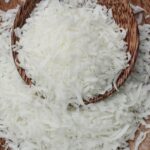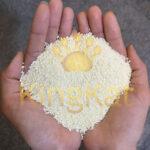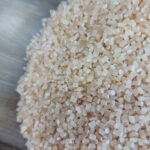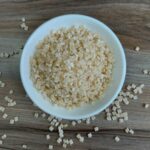CASHEW NUT SHELL OIL
Table of Contents
ToggleIn an era where sustainability is no longer an option but a necessity, businesses are turning to renewable resources to reduce their environmental impact. Tapioca starch, derived from cassava, stands out as a versatile, eco-friendly alternative in green manufacturing. Its renewability, biodegradability, and minimal ecological footprint make it ideal for industries seeking sustainable solutions.
At Abimex Group, we champion the use of tapioca starch in manufacturing processes that prioritize environmental health without compromising quality.
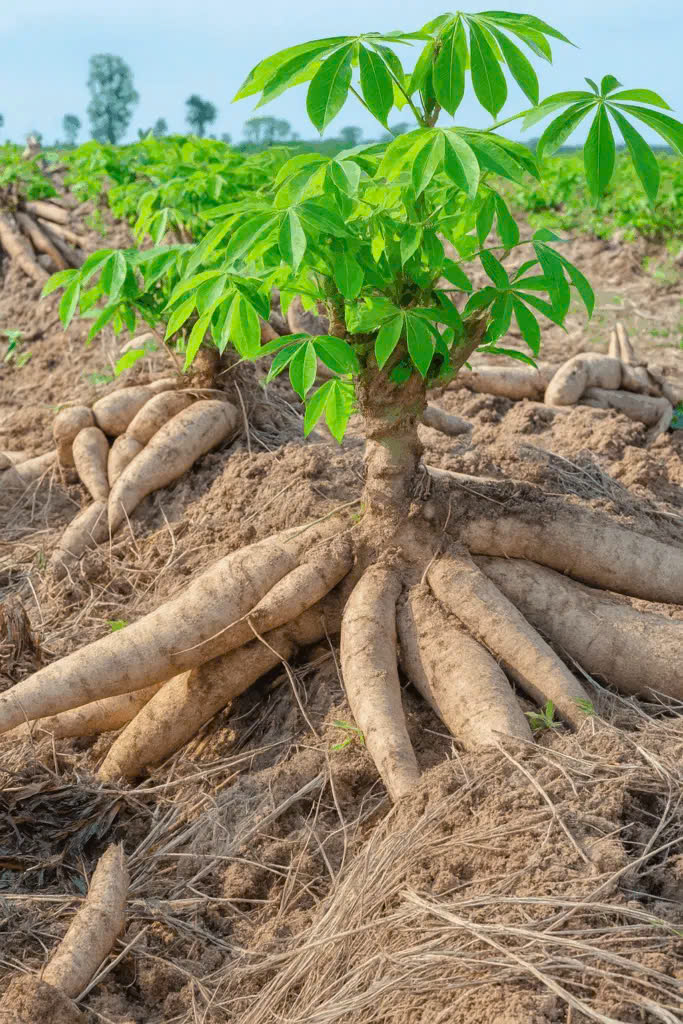
What Makes Tapioca Starch a Renewable Resource?
Tapioca starch comes from cassava plants, which are:
- Fast-growing and resilient: Cassava thrives in diverse climates and requires minimal water and fertilizers compared to other crops.
- High-yielding: A single hectare of cassava can produce significantly more starch than corn or wheat.
- Replenishable: Cassava can be harvested multiple times a year, making it an excellent renewable resource.
This efficiency in growth and production underscores tapioca starch’s role in sustainable manufacturing.
Applications of Tapioca Starch in Green Manufacturing
Biodegradable Packaging
Tapioca starch is a game-changer in the packaging industry. It’s used to create biodegradable alternatives to plastic, such as films, bags, and containers. These products decompose naturally, reducing plastic waste and pollution.Sustainable Adhesives
Starch-based adhesives are widely used in paper and cardboard production. Unlike synthetic adhesives, they’re derived from renewable sources and are non-toxic, making them safer for workers and the environment.Eco-Friendly Textiles
Tapioca starch plays a critical role in textile sizing, improving the weaving process while being easily washable and biodegradable. It’s a sustainable choice compared to petroleum-based alternatives.Green Alternatives in Pet Care
Products like biodegradable cat litter made from tapioca starch are dust-free, highly absorbent, and eco-conscious, catering to environmentally aware consumers.
Benefits of Tapioca Starch for Green Manufacturing
Lower Carbon Footprint
Producing tapioca starch requires less energy and water compared to synthetic materials. Its natural origin reduces dependency on fossil fuels.Biodegradability
Unlike synthetic materials, tapioca starch breaks down naturally, contributing to a circular economy.Non-Toxic and Safe
Tapioca starch is free from harmful chemicals, ensuring safety in applications like food packaging and pet products.Versatility Across Industries
From packaging to textiles and pet care, its adaptability makes tapioca starch a sought-after material in green manufacturing.
The Future of Tapioca Starch in Sustainability
As global industries strive to meet sustainability goals, tapioca starch is becoming a cornerstone of green manufacturing. Its renewable nature and adaptability position it as a vital resource for reducing environmental impact across sectors.
At Abimex Group, we’re dedicated to helping businesses adopt greener practices with our high-quality tapioca starch. Together, we can drive innovation while preserving our planet for future generations.
Ready to Go Green?
Partner with Abimex Group and make tapioca starch a part of your sustainable journey. Visit Abimexco.com to explore our eco-friendly products and learn how they can transform manufacturing processes.



